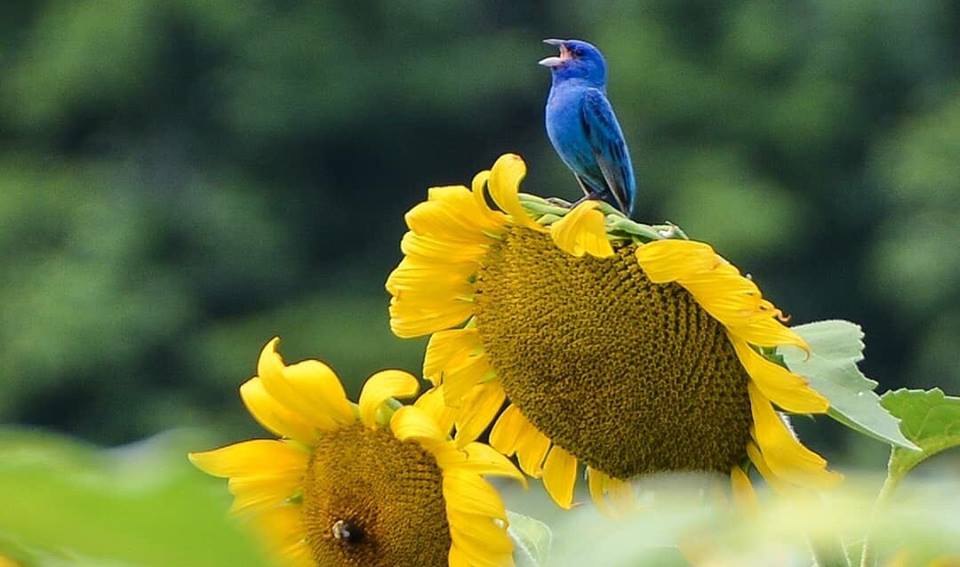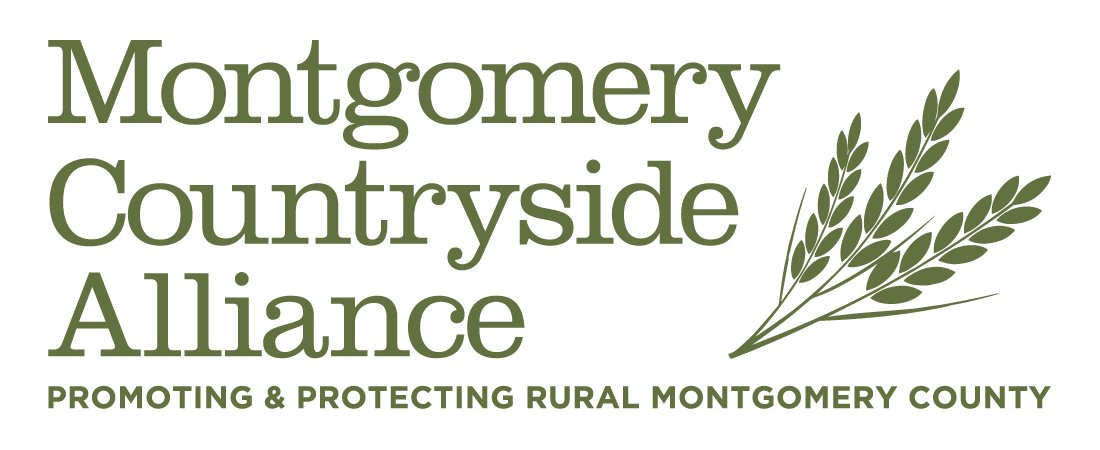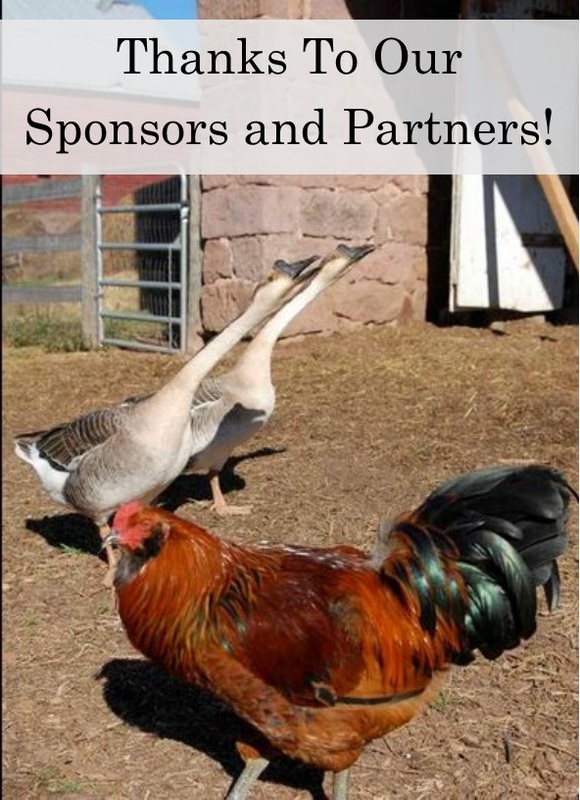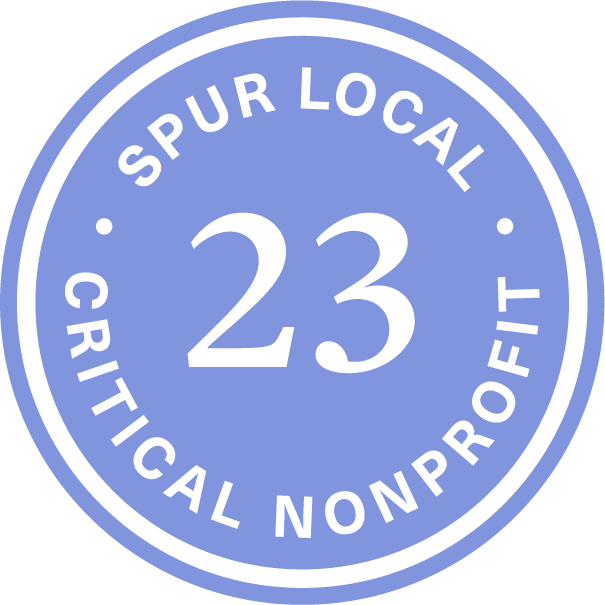The EPA's rule making arm has said this month that the coated seeds are exempt from something called the Federal Insecticide, Fungicide, and Rodenticide Act (FIFRA) that puts proper guard rails on the use of these chemicals intended to kill pests - including careful tracking of the instances of their use and the impacts of that use. These seeds are coated in chemicals called neonicotinoids - widely known to be a factor in bee colony collapse and banned for retail sale in Maryland in 2018.
From the letter - 97% of the pesticide coating of these seeds leave the seed and enter soil, groundwater and beyond. Exempting these seeds from the act meant to track and mitigate unintended consequences is therefore a terrible idea and has led to nearly a decade gap in data of just how much damage has been done.
"This loss of invertebrate life has rippling effects on ecosystems. Birds and mammals which depend on invertebrates for prey may experience massive reductions in population due to food shortages. Pollination may decrease due to pesticide-caused mortalities in pollinating insect, impacting human food supply. Normal ecosystem functions such as decomposition, soil turnover, and biological pest control may all cease."
Much more on the impact of pesticides on birds can be found on the American Bird Conservancy site here.







